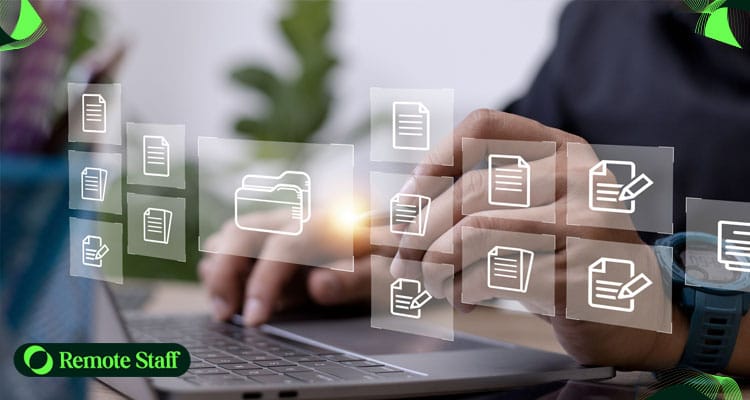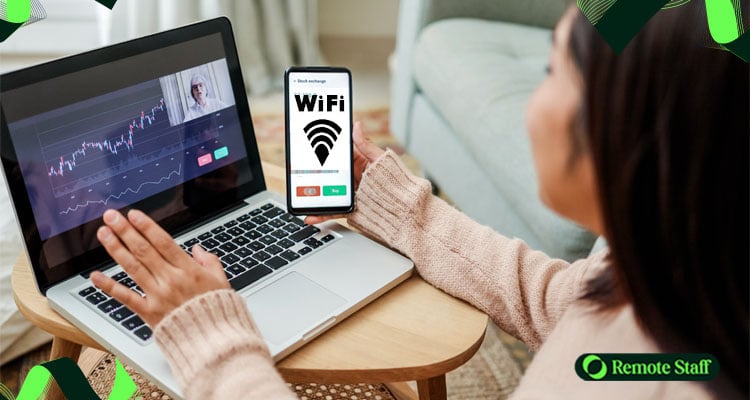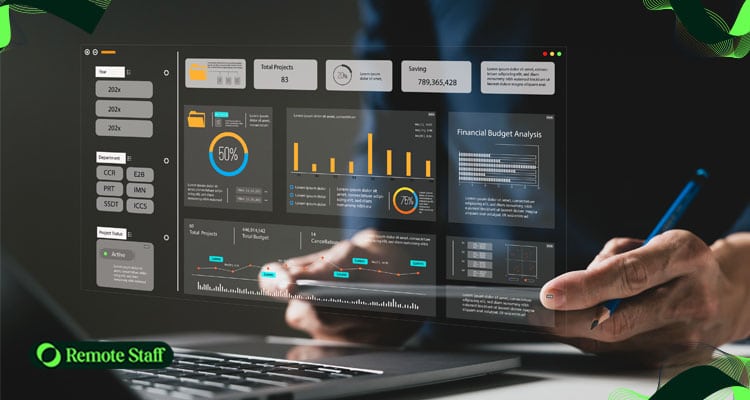You must have heard at least one horror story about a company’s data security.
Cyberattacks are arguably the worst things that could happen to your business in the Information Age.
With so many people working remotely these days, it’s important to have data safety measures in place.
For instance, bookkeeping is a role that deals with highly confidential information.
So, to help prevent cyber attacks from wreaking havoc on your work, here are some of the best practices for secure bookkeeping.
Invest in Cybersecurity

Using an anti-virus program is critical for any company that conducts business online.
You wouldn’t want malware compromising your client’s files and other pertinent data.
Keep your antivirus programs up-to-date for better protection against the latest security threats.
Use Strong Passwords

While we’re on the topic of cybersecurity, avoid using easy-to-guess passwords.
Some of the most commonly used ones include “password01,” “admin123,” and even “1234567890.”
Go for something more complex and be sure to change it regularly.
Regularly Audit Your Controls

Implement policies for checks and balances as well as to avoid fraud.
For instance, you can be responsible for receiving or making all of the payments and writing the checks while another one reconciles the numbers with the bank.
You can then designate someone else to sign the checks.
Regular internal audits should also extend to all of the bookkeeping software you’re using.
Make sure to check the data and storage to identify any weaknesses in your cybersecurity.
Limit Sharing

Another way to secure bookkeeping is to be careful when sharing access to your accounts or records.
Should you need to share certain files, limit the access.
Use Only a Secure Internet Connection

Remote work allows you to virtually work anywhere.
However, this setup can make you vulnerable to cyber-attacks.
So make sure your desktop computer or laptop is always connected to a reliable and secure Internet connection.
You can even use a Virtual Private Network (VPN) so all your data is encrypted—even if you work outside your house.
Have Back-Ups in Place

A good practice for online bookkeeping jobs is to have multiple backups on standby.
This way, you won’t lose important data in case of hardware failure and network disruptions.
Shred Physical Records as Needed

If you keep physical copies of your ledgers and journals, shred them once you no longer need them.
While daunting at first, this practice ensures that no sensitive information falls into the wrong hands.
Encrypt Files With Passwords

You can even take things a step further and encrypt any files you need to share with a password.
This way, no one can access them, except for the person they were intended for.
Stay Alert and Vigilant

As a bookkeeper, you’ll be dealing with highly sensitive information.
While these best practices can help, you should always remain vigilant.
Doing so prevents any issues with your clients and preserves your reputation as someone trustworthy and reliable.
On that note, if you’re looking to work online, check out Remote Staff’s job board. It is regularly updated and has roles—apart from accounting and bookkeeping—in other industries.
Remote Staff has also been in business for 16 years (and counting)! In the same vein as practicing secure bookkeeping, Remote Staff also has policies in place to secure your one-month compensation in case your client goes MIA.
Interested? Register today!

